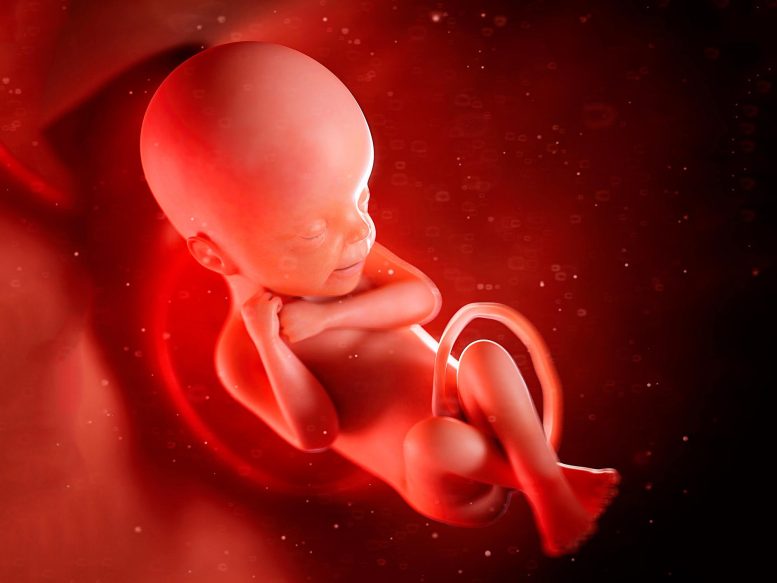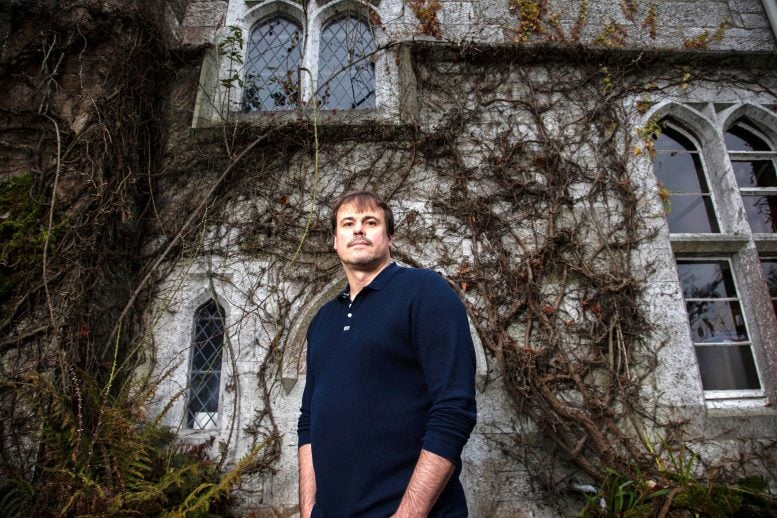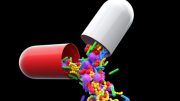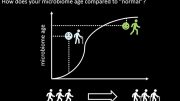
A team of experts unanimously refuted the concept of a fetal microbiome and concluded that the detection of microbiomes in fetal tissues was due to the contamination of samples taken from the uterus. This contamination could have occurred during vaginal birth, medical procedures, or during laboratory testing.
Leading experts from several scientific disciplines find flaws in studies that suggest the existence of a “fetal microbiome.”
Scientific claims that babies harbor live bacteria while still in the womb are inaccurate, and may have impeded research progress, according to University College Cork (UCC) researchers at APC Microbiome Ireland, a world-leading Science Foundation Ireland (SFI) Research Centre, which led a perspective published today (January 25, 2023) in the prestigious scientific journal Nature.
Prior claims that the human placenta and amniotic fluid are normally colonized by bacteria would, if true, have serious implications for clinical medicine and pediatrics. It would also undermine established principles in immunology and reproductive biology.
To examine these claims, UCC & APC Principal Investigator Prof. Jens Walter assembled a trans-disciplinary team of 46 leading experts in reproductive biology, microbiome science, and immunology from around the world to evaluate the evidence for microbes in human fetuses.

University College Cork & APC Microbiome Ireland Principal Investigator Prof. Jens Walter assembled a trans-disciplinary team of 46 leading experts from around the world to evaluate the evidence for microbes in human fetuses. Credit: UCC
A healthy human fetus is sterile
The team unanimously refuted the concept of a fetal microbiome and concluded that the detection of microbiomes in fetal tissues was due to contamination of samples drawn from the womb. Contamination occurred during vaginal delivery, clinical procedures, or during laboratory analysis.
In the report in Nature, the international experts encourage researchers to focus their studies on the microbiomes of mothers and their newborn infants and on the microbial metabolites crossing the placenta which prepare the fetus for post-natal life in a microbial world.
According to Prof. Walter: “This consensus provides guidance for the field to move forward, to concentrate research efforts where they will be most effective. Knowing that the fetus is in a sterile environment, confirms that colonization by bacteria happens during birth and in early post-natal life, which is where therapeutic research on modulation of the microbiome should be focused.”
The expert international authors also provide guidance on how scientists in the future can avoid pitfalls of contamination in the analysis of other samples where microbes are expected to be absent or present at low levels, such as internal organs and tissues within the human body.
Reference: “Questioning the fetal microbiome and pitfalls of low-biomass microbial studies” by Katherine M. Kennedy, Marcus C. de Goffau, Maria Elisa Perez-Muñoz, Marie-Claire Arrieta, Fredrik Bäckhed, Peer Bork, Thorsten Braun, Frederic D. Bushman, Joel Dore, Willem M. de Vos, Ashlee M. Earl, Jonathan A. Eisen, Michal A. Elovitz, Stephanie C. Ganal-Vonarburg, Michael G. Gänzle, Wendy S. Garrett, Lindsay J. Hall, Mathias W. Hornef, Curtis Huttenhower, Liza Konnikova, Sarah Lebeer, Andrew J. Macpherson, Ruth C. Massey, Alice Carolyn McHardy, Omry Koren, Trevor D. Lawley, Ruth E. Ley, Liam O’Mahony, Paul W. O’Toole, Eric G. Pamer, Julian Parkhill, Jeroen Raes, Thomas Rattei, Anne Salonen, Eran Segal, Nicola Segata, Fergus Shanahan, Deborah M. Sloboda, Gordon C. S. Smith, Harry Sokol, Tim D. Spector, Michael G. Surette, Gerald W. Tannock, Alan W. Walker, Moran Yassour and Jens Walter, 25 January 2023, Nature.
DOI: 10.1038/s41586-022-05546-8









If maternal membranes are ruptured, the fetus can be infected before birth. If membranes are ruptured too long, we give antibiotics to the mother, so that the baby is not born in serious condition with Group B Strep. Of course babies encounter germs during the birth process. A long time ago, I wrote articles about this topic.